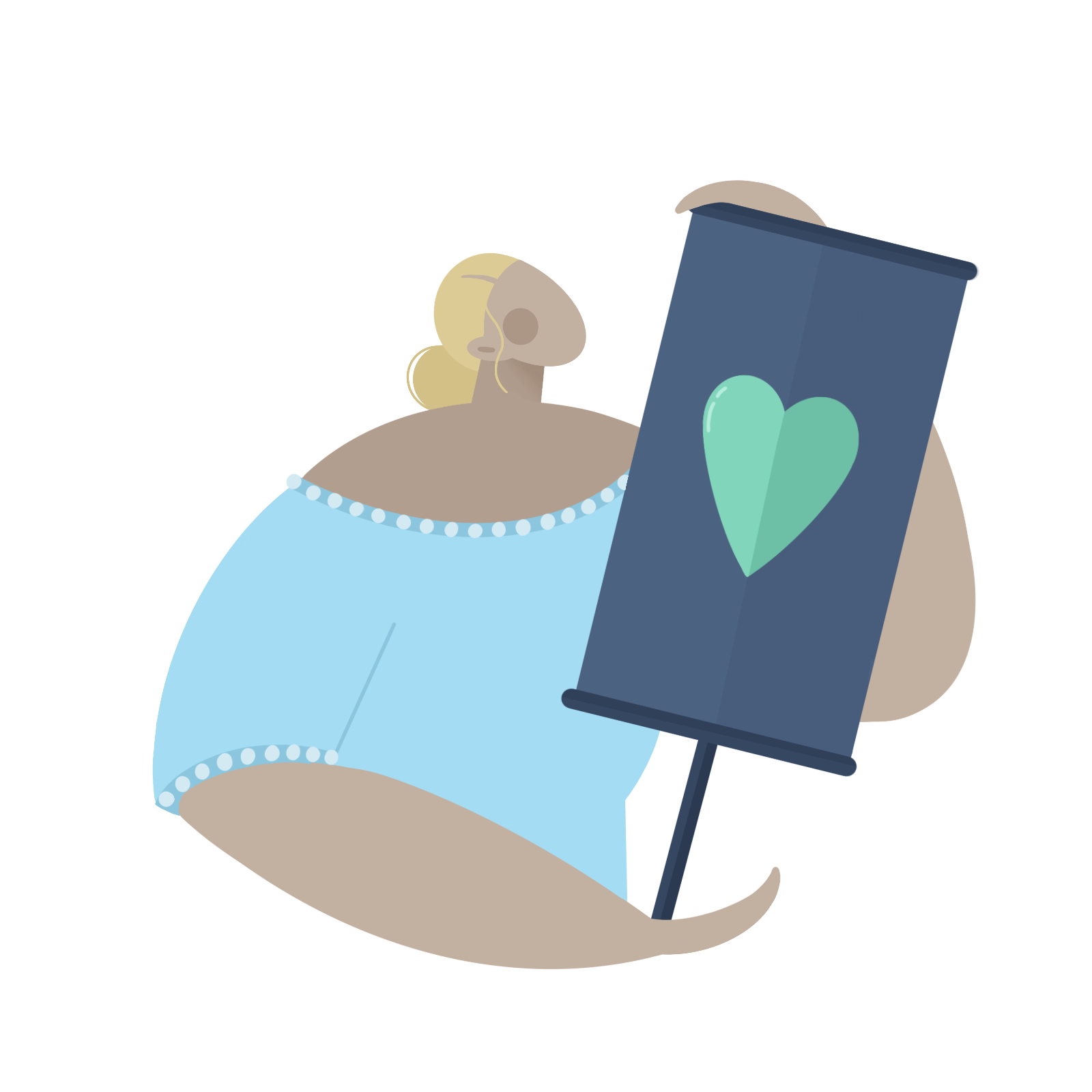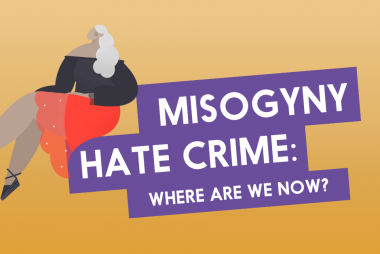In 2014, Nottingham Citizens was about to launch a Commission into hate crime in Nottingham after identifying it as an issue that mattered to Nottingham’s communities. While they were already aware that hate crime impacts women differently, Mel Duffill-Jeffs, our Centre manager at the time, found herself asking:
What about the things women experience because they’re women?

In her role at Nottingham Women’s Centre and as a lifelong feminist campaigner, Mel had conversations with women every day and had heard again time and again about women’s experiences of being shouted at, harassed, threatened, cat-called, groped, and objectified.
These were and are the behaviours that all women seemed to experience, normalised to such a degree that there was no language to talk about them. Instead, there was an understanding that this was just part and parcel of being a woman.
Nottingham Citizens invited Mel to be one of the Commissioners leading their No Place for Hate inquiry into hate crime – and so began the journey of misogyny being recognised as a hate crime in Nottinghamshire.
What we did
Like all effective interventions, a strong evidence-base was critical. Numerous studies found that women of all ages had experienced unwanted sexual harassment. As a result, women consistently reported having to alter their behaviours to avoid misogynistic incidents.
In March 2015, a study of 500 Nottingham University and Nottingham Trent students further underlined the need for a change in hate crime policy. The results showed that 95% of women had experienced some form of sexual harassment, and half the participants said they felt that the incident would not be taken seriously if reported.
It was overwhelmingly evident that misogynistic incidents and crimes were becoming normalised in day-to-day life. So Nottingham Women’s Centre, in collaboration with Nottingham Citizens, put forward the case that misogyny was a missing category under hate crime law. We emphasised that given the scale of the issue, policies should be revised. As a result, Nottingham Women’s Centre began work with Nottinghamshire Police to pilot recording misogyny as a category of hate crime in Nottinghamshire.
What followed was the creation of our Safer for Women project in 2016, thanks to funding from the Nottinghamshire Police and Crime Commissioner’s Community Safety Fund. That same year, we were also granted £4,000 to deliver a stakeholder and partner event which emphasised the need for individuals, agencies and businesses to make a pledge towards a new Women’s Safety Charter for Nottinghamshire.
The awareness raised from the event resulted in former Chief Constable, Chris Eyre, signing Nottinghamshire Police up to taking misogyny hate crime seriously, making Nottinghamshire a safer place for women to live, work and socialise in as a result.




